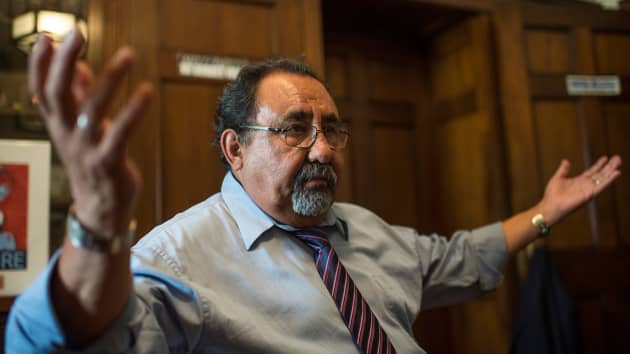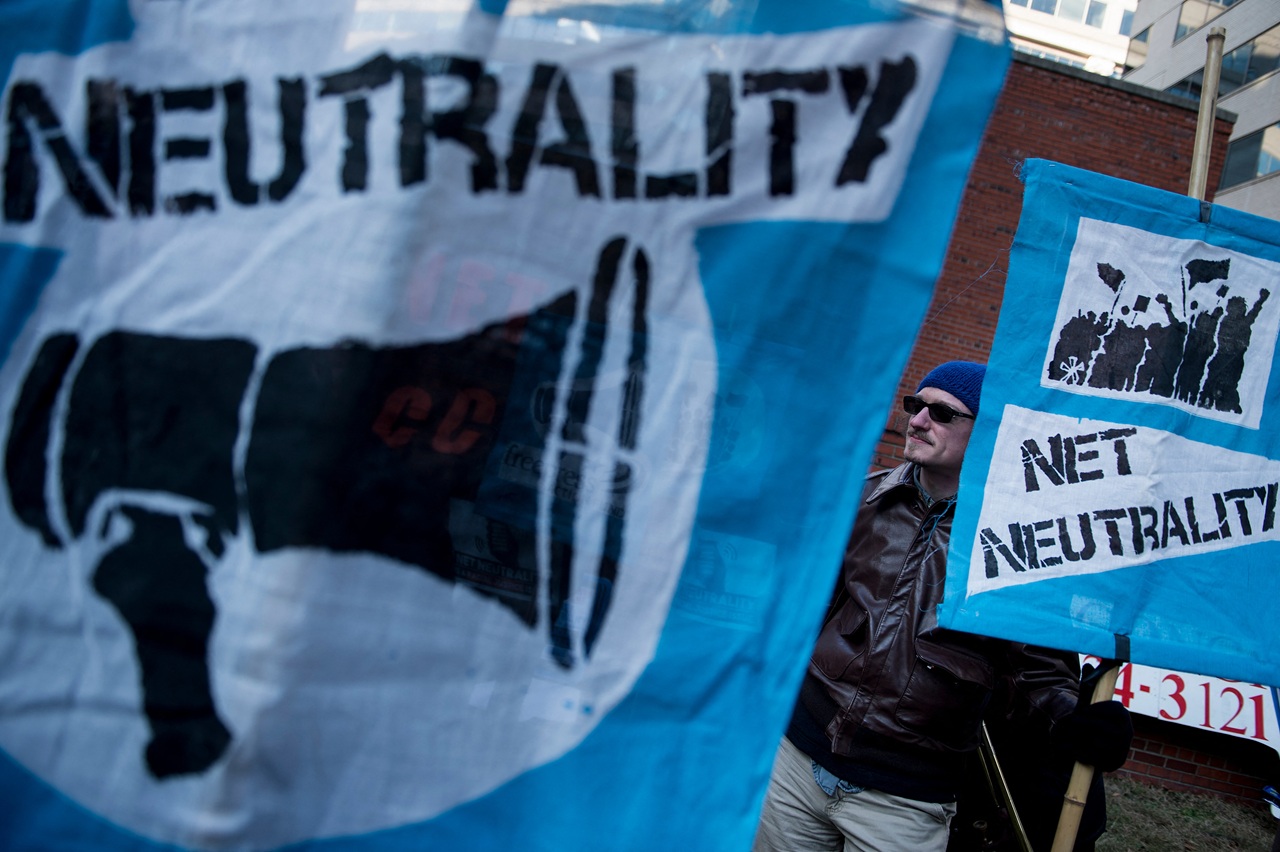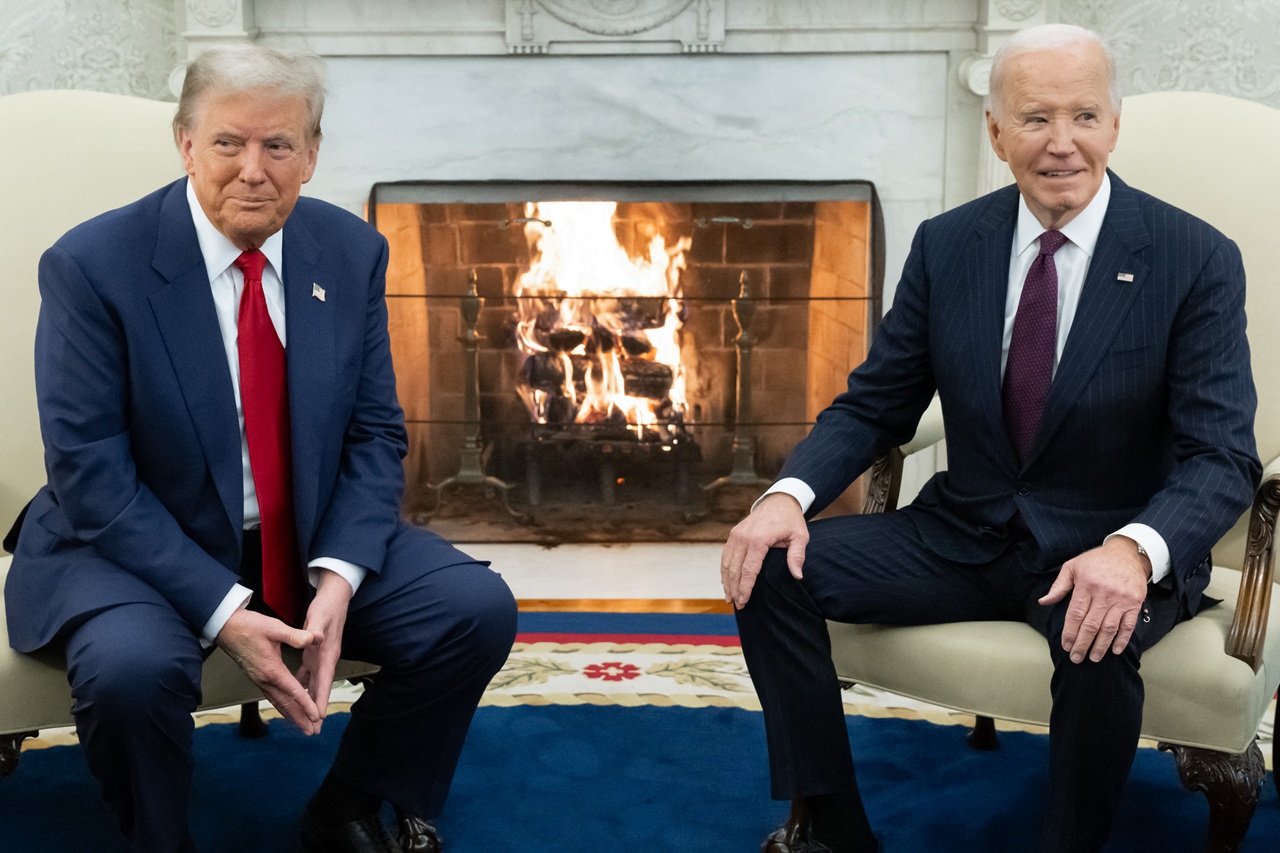
Rep. Grijalva introduces bill to end privately-owned prisons and detention centers
On Jan. 29, President Joe Biden signed an executive order to terminate federal private prison contracts, an action that would ultimately put an end to private prisons, in an effort to address racial inequity and his promises to BIPOC Americans over the campaign Trail.
However it came with its flaws, and activists insisted the move wasn’t enough to fully address the mass incarceration crisis in the nation, or the systems that enable the school-to-prison pipeline.
Rep. Raúl Grijalva called Biden’s executive order “an important step to address the mass incarceration crisis that disproportionately impacts immigrants and communities of color,” but his Justice is Not For Sale Act'' would go a little further.
It would phase-out private prison contracts and order the Justice Department to decline to renew new ones. It would also end contracts with private companies for other criminal justice organizations, including halfway houses, re-entry programs, and community treatment centers.
Biden’s executive order also did not apply to the Department of Homeland Security or state and local governments, however 81% of those held in ICE custody are held in detention centers operated by private prison companies.
The private for-profit prison industry has fueled a mass incarceration crisis that disproportionately impacts immigrants and communities of color.
— Raul M. Grijalva (@RepRaulGrijalva) February 11, 2021
I introduced the #JusticeIsNotForSale Act to ban private prisons and end family immigrant detention.
https://t.co/CSzy6cAdWv
Grijalva’s bill also prevents companies from overcharging inmates and their families for services like banking and phone calls, and increases oversight of immigrant detention facilities to avoid inhumane treatment.
In 2016, a U.S. Department of Justice (DOJ) Inspector General report found that private prisons had a 28% higher rate of inmate-on-inmate assaults and more than twice as many inmate-on-staff assaults compared to federally-run and operated prisons.
“It’s increasingly recognized that private prisons cut corners, endanger corrections officers and prisoners, and do not save money,” Grijalva wrote.
His bill ends family detention and reinstates case management programs to monitor families while removing “perverse profit incentives” that he says helped facilitate the mass incarceration crisis in the nation.
CONTENIDO RELACIONADO
Instead of imprisoning families for seeking asylum, the bill would reinstate family case management programs that are more successful in safely and efficiently guiding families through the asylum process.
“Family detention is traumatizing, ineffective, and unsafe,” continued Rep. Grijalva. “We have a duty to end this inhumane system and instead institute alternatives to detention that are rooted in our values.”
Grijalva has sponsored legislation since 2015 to address the private prison industry, reported NBC’s Suzanne Gamboa, who wrote that Grijalva began his work in the sector as co-chair of the Progressive Caucus.
In his bill, Grijalva also highlights the dangers that LGBTQ and HIV-positive immigrants face in detention centers.
“Every day, LGBTQ and HIV-positive immigrants are being horribly mistreated in corporate-run detention facilities that have a financial incentive to provide cheap, substandard living conditions,” said Immigration Equality Action Fund Executive Director, Aaron Morris.
The bill is endorsed by various immigrant rights organizations including Mijente, RAICES, and the Immigration Equality Action Fund.










DEJE UN COMENTARIO:
¡Únete a la discusión! Deja un comentario.